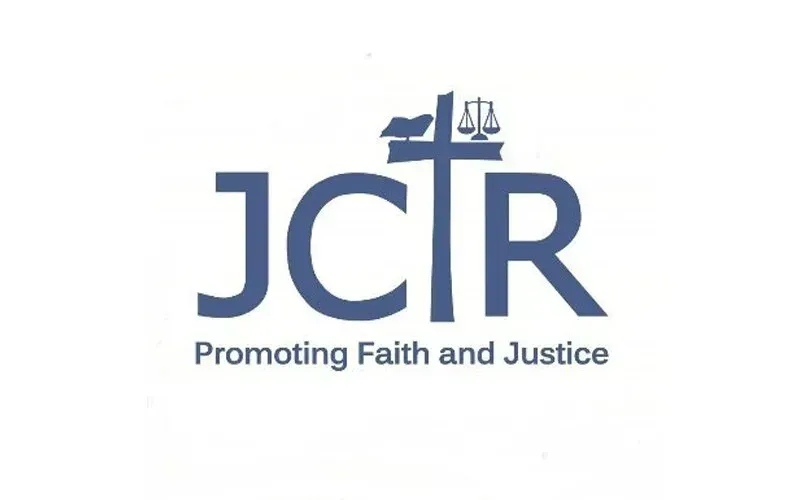Lusaka, 30 December, 2021 / 8:30 pm (ACI Africa).
The new policy adopted by the Bank of Zambia (BoZ) to control inflation in the country might worsen the living conditions of the people of God in the Southern African nation, members of the Jesuit Centre for Theological Reflection (JCTR) have said.
In November, BoZ Governor, Denny Kalyalya, announced a new Monetary Policy Rate (MPR), which he said will increase interest rates from 8.5 percent to 9 percent.
The MPR is expected to lead to an increase in bank interest rates, reduce the supply of money in the economy, and therefore bring down high inflation, which has plagued Zambia since 2019, the Jesuit scholars at the Lusaka-based research, education, and advocacy institution say.
In a Wednesday, December 15 statement, JCTR officials say while the policy is expected to stabilize the economy, “contractionary monetary policy gradually slows down economic growth and even increases unemployment.”
“The increase of the MPR to 9 percent has the potential to increase poverty levels in the country and worsen living conditions,” the Jesuit scholars say in their statement.








